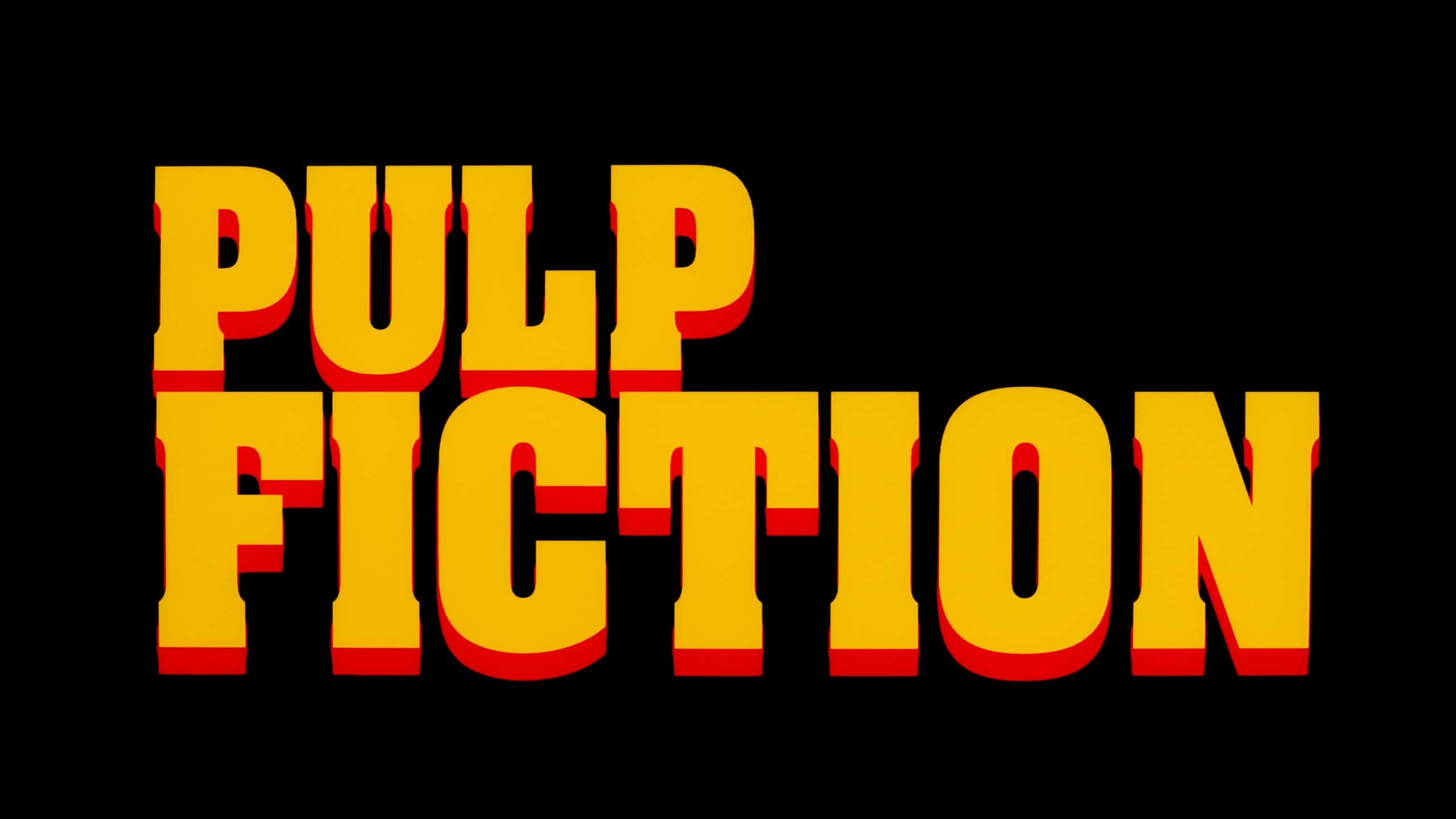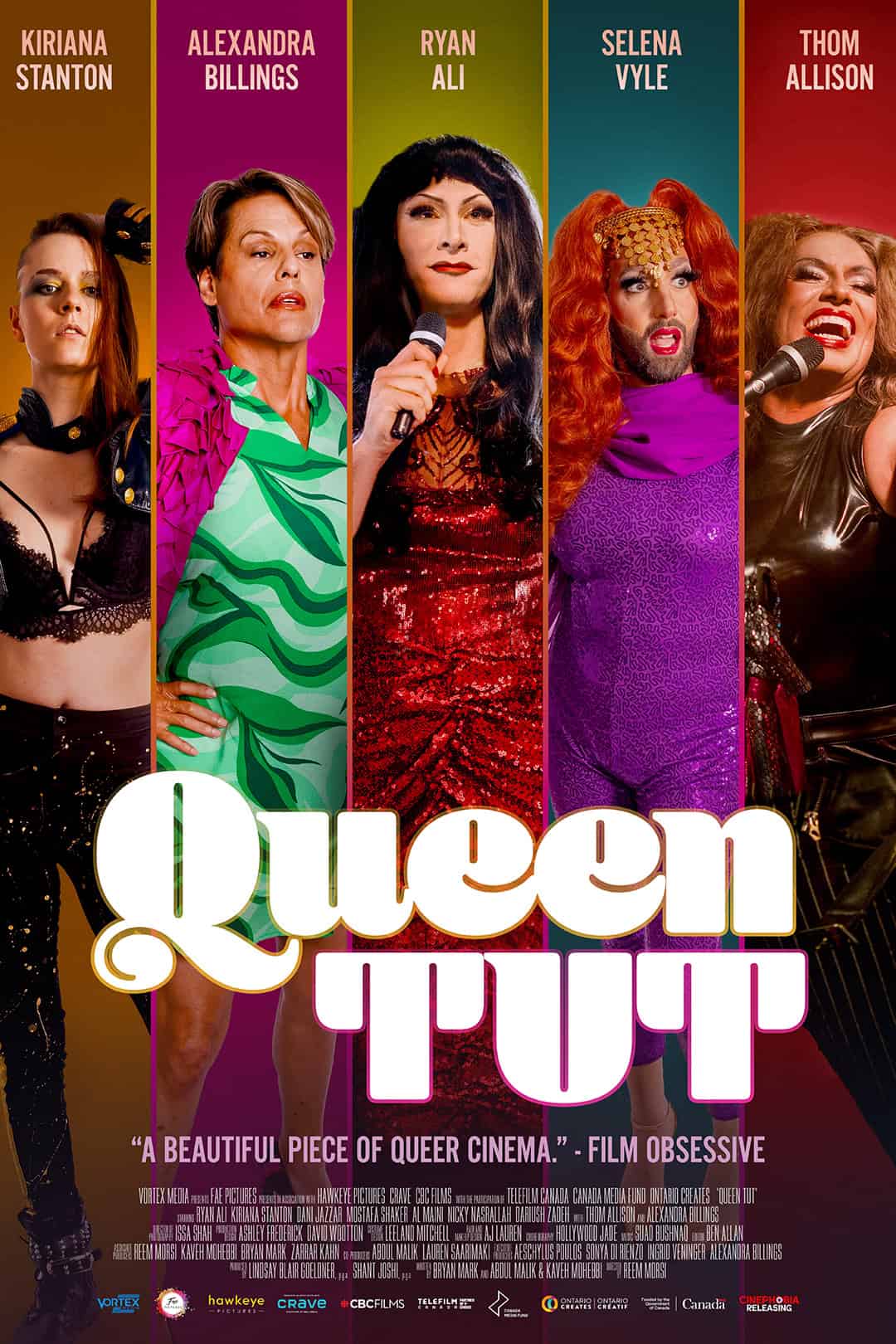Let’s dive into Quentin Tarantino’s “Pulp Fiction” a film that, even after all these years, still packs a punch. Released in 1994, this movie didn’t just come out; it exploded onto the scene, shaking up the film industry and leaving a mark that’s still visible today. With a star-studded cast including John Travolta, Uma Thurman, Samuel L. Jackson, and Bruce Willis, “Pulp Fiction” is a wild ride through the criminal underworld of Los Angeles. It’s packed with unforgettable scenes, sharp dialogue, and a storyline that’s anything but straightforward.
Table of Contents
![Pulp Fiction (1994) [Movie review] 2 Pulp Fiction (1994) [Movie review] 1](https://andersonvision.com/wp-content/uploads/2022/12/pulp-fiction-4k-1-3840x2160.jpg)
If you were able to explain the narrative to your mom in 1994, you can explain it to your kids in 2024
One of the things that make “Pulp Fiction” stand out is its non-linear narrative. Instead of following a straightforward timeline, Tarantino chops up the story, serving it in pieces that we slowly put together. This gives the film a unique rhythm and keeps us on our toes.
- Vincent Vega and Marsellus Wallace’s Wife: Picture this – a hitman named Vincent Vega (John Travolta) is asked to take out his boss’s wife, Mia Wallace (Uma Thurman), for a night on the town. What starts as a seemingly simple task turns into one of the film’s most iconic sequences, featuring a retro dance-off and a terrifying overdose. The chemistry between Travolta and Thurman is electric, and the whole segment is a masterclass in building tension and releasing it with a mix of humor and dread.
- The Gold Watch: Then we have Butch Coolidge (Bruce Willis), a boxer who’s supposed to throw a fight but decides to double-cross the mob boss Marsellus Wallace (Ving Rhames) instead. This leads to a wild chase, a harrowing escape, and one of the most intense scenes involving a gold watch with a backstory that’s both bizarre and touching. Bruce Willis brings a raw intensity to Butch, making his segment one of the most gripping parts of the film.
- The Bonnie Situation: Things take a turn for the chaotic with Vincent and his partner Jules Winnfield (Samuel L. Jackson) dealing with the messy aftermath of a job gone wrong. They accidentally blow a guy’s head off in a car, leading to a frantic clean-up operation spearheaded by the cool-headed Winston Wolf (Harvey Keitel). The dialogue here is pure gold, showcasing Tarantino’s knack for turning mundane conversations into riveting exchanges.
- Prologue and Epilogue: The film opens and closes with a scene in a diner, where a couple, Pumpkin (Tim Roth) and Honey Bunny (Amanda Plummer), decide to rob the place. These bookend scenes frame the movie perfectly, bringing everything full circle in a way that’s both surprising and satisfying.
Tarantino means quality violence
“Pulp Fiction” isn’t just about cool dialogue and stylish violence; it’s a film that digs into some deep themes.
- Violence and Morality: The film’s depiction of violence is both graphic and stylized, forcing us to confront our own views on morality. The characters operate in a morally grey world, but moments of humanity shine through, making us question what we might do in their shoes.
- Redemption and Transformation: Jules Winnfield’s transformation from a cold-blooded hitman to a man seeking redemption is one of the film’s most compelling arcs. His “miracle” moment, where he and Vincent survive a barrage of bullets, serves as a catalyst for his change of heart. It’s a powerful reminder of the potential for change in even the most hardened individuals.
- Fate and Coincidence: The non-linear structure of the film underscores the randomness of life. Events that seem disconnected gradually reveal their interconnectedness, showing how fate and coincidence play pivotal roles in the characters’ lives. The mysterious glowing briefcase, never fully explained, symbolizes the unknown forces that drive our actions.
The main players of Pulp Fiction
The cast of “Pulp Fiction” delivers performances that are nothing short of legendary.
- John Travolta as Vincent Vega: Travolta’s career got a massive boost from his role as the smooth, somewhat bumbling hitman. His scenes with Uma Thurman and Samuel L. Jackson are pure magic, showcasing his versatility and charisma.
- Uma Thurman as Mia Wallace: Thurman’s Mia is enigmatic, charismatic, and unforgettable. Her dance with Travolta has become one of cinema’s most iconic moments, capturing her unique blend of allure and mystery.
- Samuel L. Jackson as Jules Winnfield: Jackson steals the show with his portrayal of Jules. His delivery of Tarantino’s dialogue, especially the “Ezekiel 25:17” monologue, is chilling and captivating. Jules’ journey towards redemption adds a layer of depth to the film that resonates long after the credits roll.
- Bruce Willis as Butch Coolidge: Willis brings a gritty determination to Butch, a character driven by loyalty and survival. His storyline is intense, providing some of the film’s most suspenseful and violent moments.
- Supporting Cast: The supporting roles, played by Ving Rhames, Harvey Keitel, Tim Roth, Amanda Plummer, and Christopher Walken (in a memorable cameo), add richness to the film’s tapestry. Each actor brings something unique to the table, enhancing the film’s overall impact.
The movie that made Middle America afraid of Tarantino for 3 years in the 90s, then really sympatico with the whole foot thing
Quentin Tarantino’s direction in “Pulp Fiction” is a masterclass in style and substance.
- Dialogue: Tarantino’s dialogue is sharp, witty, and filled with pop culture references. The conversations between characters, whether they’re discussing the finer points of a cheeseburger or the nature of miracles, are engrossing and often hilarious.
- Visual Aesthetics: The film’s visual style is a blend of homage and innovation. Tarantino draws inspiration from various genres, including film noir and blaxploitation, creating a visually striking film. The vibrant colors, unique camera angles, and meticulous attention to detail make “Pulp Fiction” a feast for the eyes.
- Music: The soundtrack of “Pulp Fiction” is as iconic as the film itself. Tarantino’s use of music is masterful, with each song perfectly complementing the mood of the scene. From the Dick Dale surf rock opening credits to Chuck Berry’s “You Never Can Tell” during the dance scene, the music enhances the film’s eclectic tone.
30 Years Later, what have we learned?
“Pulp Fiction” has had a lasting impact on both popular culture and the film industry.
- Critical Acclaim and Awards: The film was a critical darling, winning the Palme d’Or at Cannes and earning seven Academy Award nominations. Tarantino and co-writer Roger Avary took home the Oscar for Best Original Screenplay, solidifying Tarantino’s status as a visionary filmmaker.
- Influence on Filmmaking: “Pulp Fiction” inspired a wave of filmmakers to experiment with non-linear narratives and unconventional storytelling. Its success showed that audiences were ready for bold, innovative cinema, paving the way for future filmmakers to push the boundaries.
- Pop Culture References: The film’s scenes, quotes, and characters have permeated popular culture. The “Ezekiel 25:17” monologue, the dance scene, and the mysterious briefcase have all been referenced and parodied in countless forms of media. “Pulp Fiction” has become a touchstone for film enthusiasts and casual viewers alike.
- Revitalization of Careers: The film revitalized the careers of John Travolta and Bruce Willis, showcasing their talent and versatility. It also cemented Samuel L. Jackson’s status as a major actor, leading to numerous prominent roles in the years that followed.
![Pulp Fiction (1994) [Movie review] 3 Pulp Fiction 4K title](https://andersonvision.com/wp-content/uploads/2022/12/Pulp-Fiction-4K-title-3840x2160.jpg)
It’s hard to realize Pulp Fiction was 30 years ago
“Pulp Fiction” is a film that defies easy categorization. Its blend of dark humor, intense violence, and philosophical musings creates a unique cinematic experience that continues to captivate audiences. Quentin Tarantino’s distinctive style, sharp dialogue, and memorable characters have left an indelible mark on the landscape of modern cinema. As a film that challenges conventions and embraces its eclectic influences, “Pulp Fiction” stands as a timeless masterpiece, a testament to the power of innovative storytelling and the enduring allure of the unconventional.

